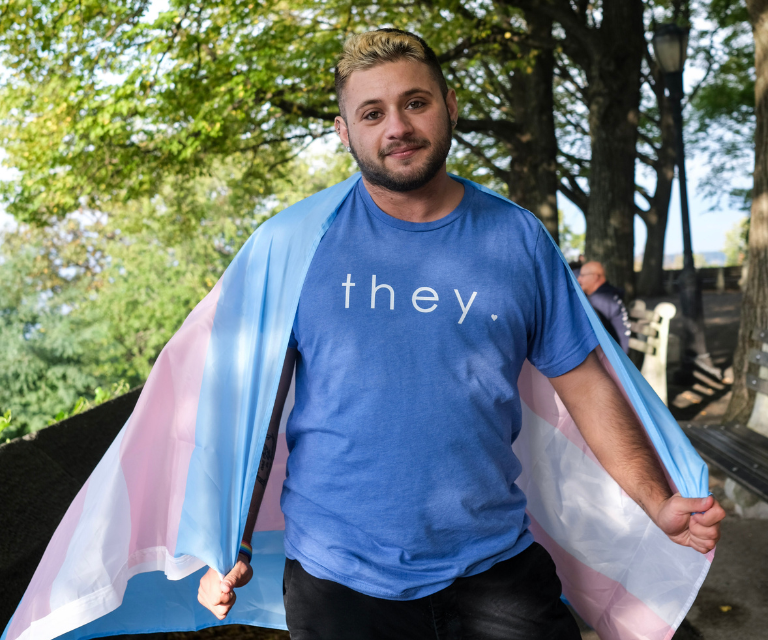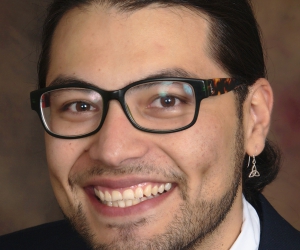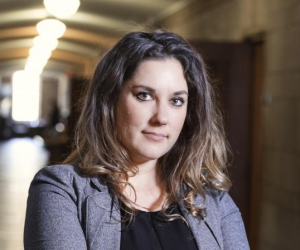
PhD Student Dylan Kapit Receives LGBTQIA+ Research and Outreach Funding
Dylan Kapit (they/them), a student in the University of Pittsburgh School of Education’s PhD in Special Education program, received LGBTQIA+ Endowed Research and Outreach funding from Pitt’s the Dietrich School of Arts and Sciences for their project, titled “Sex Education for Queer Autistic Learners (SEQuAl).”
Created by the Gender, Sexuality, and Women’s Studies Program (GSWS), the funding award supports undergraduate and graduate student work in LGBTQIA+ scholarship and outreach.
As one of four individuals selected to receive the funding, Kapit will use the proceeds to support the participants in their research efforts.
“Having this opportunity gives me a chance to give back to a community that I think really needs what I’m working on,” says Kapit. “As an autistic researcher, I don’t want to continue to perpetuate more harm against my community and that’s why I’m going to pay the people that I talk to to share their lived experiences with me.”
Kapit’s project seeks to understand the sex education experiences of LGBTQIA+ autistic individuals. The hope and end goal are to build a queer and trans-inclusive, autistic-focused sex education curriculum that will used in schools to train teachers on strategies for implementation.
To Kapit, the work is important because of the need for inclusive and comprehensive sex education that autistic individuals have not received in the past. They explained that 70% of autistic individuals are LGBTQIA+ and 50% of that percentage is trans, so there is a growing need for this research.
“I live at the intersection of autism and gender and sexuality, and wanted to bring my two interests together in a nerdy research way,” explained Kapit. “This is the kind of work that I didn’t get and could have really used so it’s important to me to give back to the communities that I’m a part of.”
Kapit, who is also an Pitt Education Equity and Justice Scholar, heavily credits their experience at the Pitt School of Education for providing them with advanced training in research methodology.
“I brought a lot of expertise and content knowledge into my program, but a majority of what I learned at the School of Education has been fine-tuning my research methodologies,” says Kapit. “I feel like through these types of research courses, I know how I can do this type of work without harming people in a way that is the most protective and contributes the most to the field.”
Kapit also notes that their advisor, Rachel Robertson, Pitt Education associate professor of special education, had a large impact on their education experience.
“Dylan embodies the School of Education mission and vision like no one else I know. In particular, Dylan innovates and agitates,” says Robertson. “Their commitment and passion for gender and disability equity are present in everything they do. I learn from Dylan every time we meet.”
According to Kapit, Robertson and other faculty members at the School of Education have contributed immensely to their success in doing this type of research.
“There is so much meaningful support at Pitt that has truly helped me to do this important work,” says Kapit. “There’s a lot of ableism and transphobia in the world as well as people in general who don’t want to even think about this kind of work, but I have some really wonderful professors, friends, colleagues, and peers in the School of Education who get that this educational work needs to happen.”
Learn More
The PhD in Special Education is now accepting applications. For more information, please contact soeinfo@pitt.edu.




